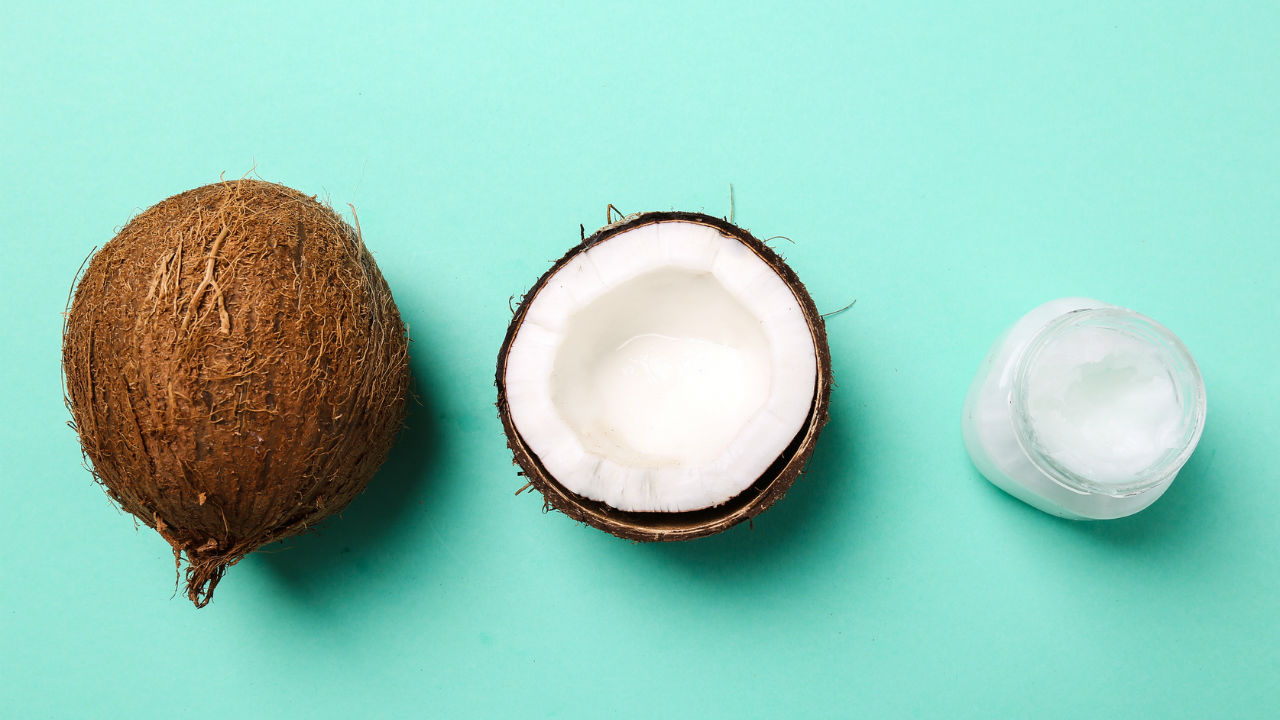When I was a kid, I heard adults say they felt better when they gave blood once every few months. Not just emotionally; they claimed to have better health from losing blood. I thought that was impossible. But a recent New York Times bestseller offers support for this idea.
Bloodletting was practiced for thousands of years as a medical treatment, and we often use it as an example of the barbaric stupidity of the past. But was it always wrong? Dr. Sharon Moalem points out that infectious bacteria, fungi, and other parasites depend on the iron in our bodies for their own growth. Blood loss, in any form, reduces the amount of iron available to invading microbes, and may have done some good in the days before antimicrobial drugs.
Our bodies regulate iron on its way in. Cells in the intestines absorb iron in a two step process. The transfer of iron from intestinal mucosal cells to the bloodstream is the key step in maintaining healthy iron levels in the body. As long as we have enough iron in our diets, we absorb just as much as we need. This is the opposite of how salt regulation works: we absorb pretty much whatever salt we eat, and the kidneys excrete the excess.
There is a genetic defect called hereditary hemochromatosis that causes too much iron absorption, with abnormally low amounts going into the white blood cells called macrophages. Accumulation of iron in the liver and other organs can be fatal. But hemochromatosis has its advantages. The iron-deficient macrophages starve the bacteria they engulf, and are highly effective in killing the germs that cause bubonic plague. Dr. Moalem, who lives with this condition himself, believes Europeans with hemochromatosis were the ones most likely to survive the Black Death of the 14th century.
Phlebotomy, or bloodletting, is the primary treatment for hemochromatosis. So this ancient practice is clearly beneficial to some patients. Dr. Moalem suggests that many patients with normal iron absorption may also have benefited from bloodletting's iron starvation of infectious microbes. As far as I understand, this does not apply to viral infections because viruses have no metabolism. But in past centuries, infections from bacteria, fungi, protozoa, and helminthic parasites were rampant.
Other studies show benefits for mild anemia in dialysis patients and some cancer patients. Iron overload from transfusions, on the other hand, is associated with increased risk of infections. Maybe giving blood really does have benefits beyond altruism.
References:
Dr. Sharon Moalem, “Survival of the Sickest”, Harper, 2007.
Subramaniam N, “Iron overload and immunity”, World J Gastroenterol 2007 Sep 21; 13(35): 4707-15.
Too much of a good thing in curing anemia:
https://www.empowher.com/news/herarticle/2009/11/30/epo-controversial-anemia-drug
Linda Fugate is a scientist and writer in Austin, Texas. She has a Ph.D. in Physics and an M.S. in Macromolecular Science and Engineering. Her background includes academic and industrial research in materials science. She currently writes song lyrics and health articles.






Add a CommentComments
There are no comments yet. Be the first one and get the conversation started!